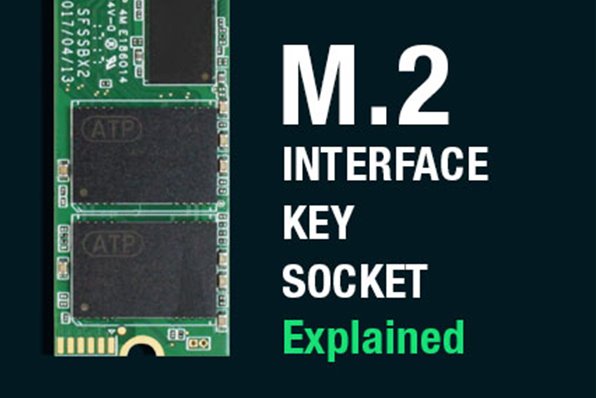I've been using Crucial's RAM for years. Touch wood, it's never yet let me down. And that's why I went for a Crucial MX500 SSD when I wanted a new primary drive a couple of years back.
Yah, it's "only" single-level cell technology. But from what I understand, enterprise always prefers these, 'cos they're more reliable.
~~~~~~~~~~~~~~~~~~~~~
@bob466 :-
Take a look at HD Sentinel, Bob. It's a neat, easy-to-use GUI method for keeping on top of the most important S.M.A.R.T stats for your drives. It supports HDDs, SSDs, along with the newest NVMe technology.
https://www.hdsentinel.com/
Create a dedicated directory for it, anywhere you like, and just unzip the tarball into it. This makes it portable; just click on the HDSentinelGUI binary, and it'll fire straight up....
As far as SSD 'maintenance' goes, I'm rigorous about T.R.I.Mming the things; I don't have it set-up to auto-run in the background all the time, I prefer to run the thing manually, once a week.....regular as clockwork. I have a cron notification set-up to remind me when it's "time for a T.R.I.M..!"
SSDs don't NEED 'trimming' all the time; once a week is fine. For normal, day-to-day usage, the inbuilt 'garbage collection' routines will keep 'em pretty much crud-free.
~~~~~~~~~~~~~~~~~~
@APTI :-
I'll agree about 'black' & 'blue'; had both of those myself. Green.....I always understood these are what they call 'Eco' drives (in other words, they constantly 'power-down' at every opportunity, so are that bit slower at reading data.....'cos they have to spin-up all the time before getting to work).
As for 'Red'; I always understood these are enterprise-quality drives?
~~~~~~~~~~~~~~~~~~~@etcetera :-
BackBlaze have for years been publishing annual reliabilty reports. They've been trialling SSDs for about 5-6 years so far, and been reporting on them for the last 3 years. They came to the conclusion last year that SSDs have now achieved 'parity' with HDDS in terms of price, reliability and general longevity...
https://arstechnica.com/gadgets/202...es-of-13-ssd-models-going-back-up-to-4-years/
They ARE frank about admitting that 4 years worth of data is nowhere NEAR enough to start making accurate, long-term predictions for drive failures & behaviour; for that, they normally like at least 12-15 yrs worth of data to work with.
Mike.
Well, there we go.
I think they are more reliable than HDDs, clearly. Their failure method is different, you have to think about the TBW rating, or now the PTB (PetaBytes Written) figure. They got some which offer 2.4PB (case in point, Samsung 990 Pro 4TB) and soon 4.8PB. And that's the conservative figure. Usually they work well beyond that. Petabytes. I don't even do incremental backups, I just clone the entire disk.
What the video doesn't mention is the enormous speed differential. After you use a fast SSD, you will never want to seat in front of any HDD. Such as when your boot time goes from 4 minutes to 19 seconds. That's not even the fastest. Or less, if the SSDs are RAID-ed. They are so fast that it's easier to completely shutdown the machine versus putting it to sleep.
Linux runs even faster on them than Win10.
The latest-greatest Samsungs and Intel offer speeds around 8000-10,000 Mbs/second.
A plain-jane 2.5" laptop HDD, rated for 5400 rpms or such is only 80 Mbs. It is an increase in speed of 2 orders of magnitude. A 7200 RPMs HDD is faster but not by much. Even the fastest HDD which is Seagate Cheetah 15.5K RPMs is still around 100Mbs IIRC.
The whole reliability issue is moot. Stick dual SSDs in your machine (machines like Dell 7770 come with 4x2280 slots) and clone the OS. If your primary disk fails, just boot off the clone. The SSDs are the size of a chewing gum stick. You can clone them once a week and still have them function for the next decade or two, well beyond their obsolescence.
The HDD "spinning rust" era is gone much like the CRT era. And even large data centers are slowly catching up. As they disks slowly die, one by one, they will be replaced by the much faster and more reliable SSDs.
Eventually nobody will even make HDDs. They will join the CRT monitor and VHS tapes.
Who wants to run an Oracle database off a slow HDD? Access times mean everything.




